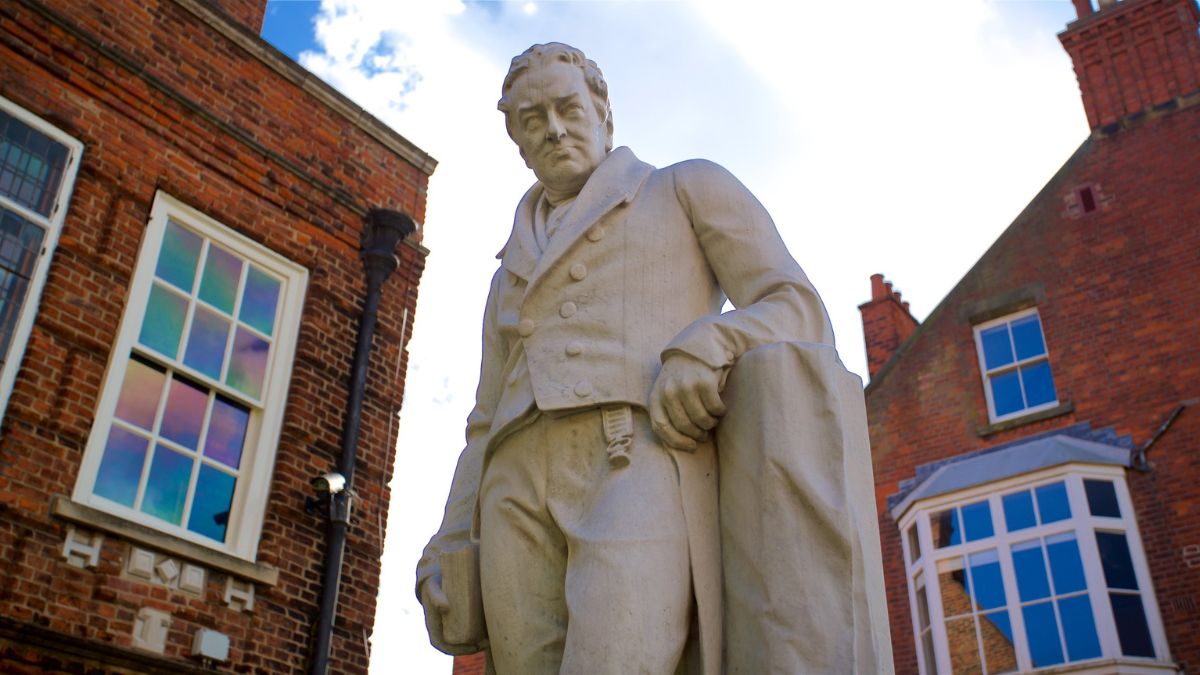

BreakPoint
Sheilaism, Individualism, and Evangelicalism
In a book that Ellen Vaughn and I wrote book called The Body, which is now being updated for a re-publication next spring, we described the "identity crisis" confronting the American Church. That identity crisis is a failure to understand what the Church really is: its biblical purpose, mission, and authority. For many Christians, church means the buildings where we meet on Sunday. Building a church means constructing an edifice. When we think of church, we think of it as a place to go -- that's our first mistake -- to satisfy our spiritual needs -- that's our second mistake. This confusion limits our ability to impact the culture and to spread the Gospel. Focusing on our needs is simply a manifestation of a philosophy that has gripped American life -- what sociologists call "radical individualism." Nearly two decades ago, sociologist Robert Bellah wrote a book about American society called Habits of the Heart. In it, he said that radical individualism was the defining reality of American life. People were so absorbed in themselves that they saw everything in terms of how it would satisfy their personal needs or desires -- the "imperial republic of self." And Bellah argued that this individualism was so dominant in our culture that it was invading the Church, even shaping our ideas about religion. He described an interview he had with a woman named Sheila Larson. When asked to describe her faith, Larson told Bellah, "It's 'Sheilaism,' just my own little voice." We so privatize our faith -- just listening to "our own little voice" -- that we undermine the authority of and need for the Church. Evangelical Protestantism has been especially susceptible to this focus on self. Bellah describes it as the "near exclusive focus on the relationship between Jesus and the individual." Accepting Jesus, he says, as "one's personal Lord and Saviour [has been] almost the whole of piety." Bellah argues that this leads people to believe that if they're "alright with Jesus," they don't need the Church. As Ellen Vaughn and I wrote in The Body, seeing Christianity as exclusively, or even primarily, a personal relationship with Jesus falls woefully short of historic Christianity. The reformers like Luther and Calvin said that participation in the life of the Church was not optional for the Christian. Calvin went so far as to say that anyone who called himself a Christian while withdrawing himself from the Church was a "traitor." The reformers understood what many American evangelicals do not: There is a social and communal dimension to real Christianity -- a dimension that is not optional. This dimension includes matters of discipline and doctrine. Being part of the Church means that you don't have the final say in what you should believe or how you should live. As Bellah reminds us, these are fighting words for many Christians who have appropriated to themselves final authority in these matters. But if Christians hope to have any impact on our culture, we must begin to "recapture God's vision for His people." Saint Augustine taught, "He who would have God as his Father must have the Church as his mother." There is no room for "Sheilaism" in the evangelical church. Christian identity is not a matter of me, but of we. For further reading and information: Robert Bellah, "The Protestant Structure of American Culture: Multiculture or Monoculture?", Hedgehog Review 4, no. 1 (spring 2002): 7-28. You can read more of Bellah's articles and lectures at his website. Rebecca Arrington, "Bellah urges search for common good," Inside UVA Online, November 17-30, 2000. Robert Bellah, et al., Habits of the Heart: Individualism and Commitment in American Life (University of California Press, 1985). Being the Body, an updated edition of The Body, will be published in the spring.
11/29/02















